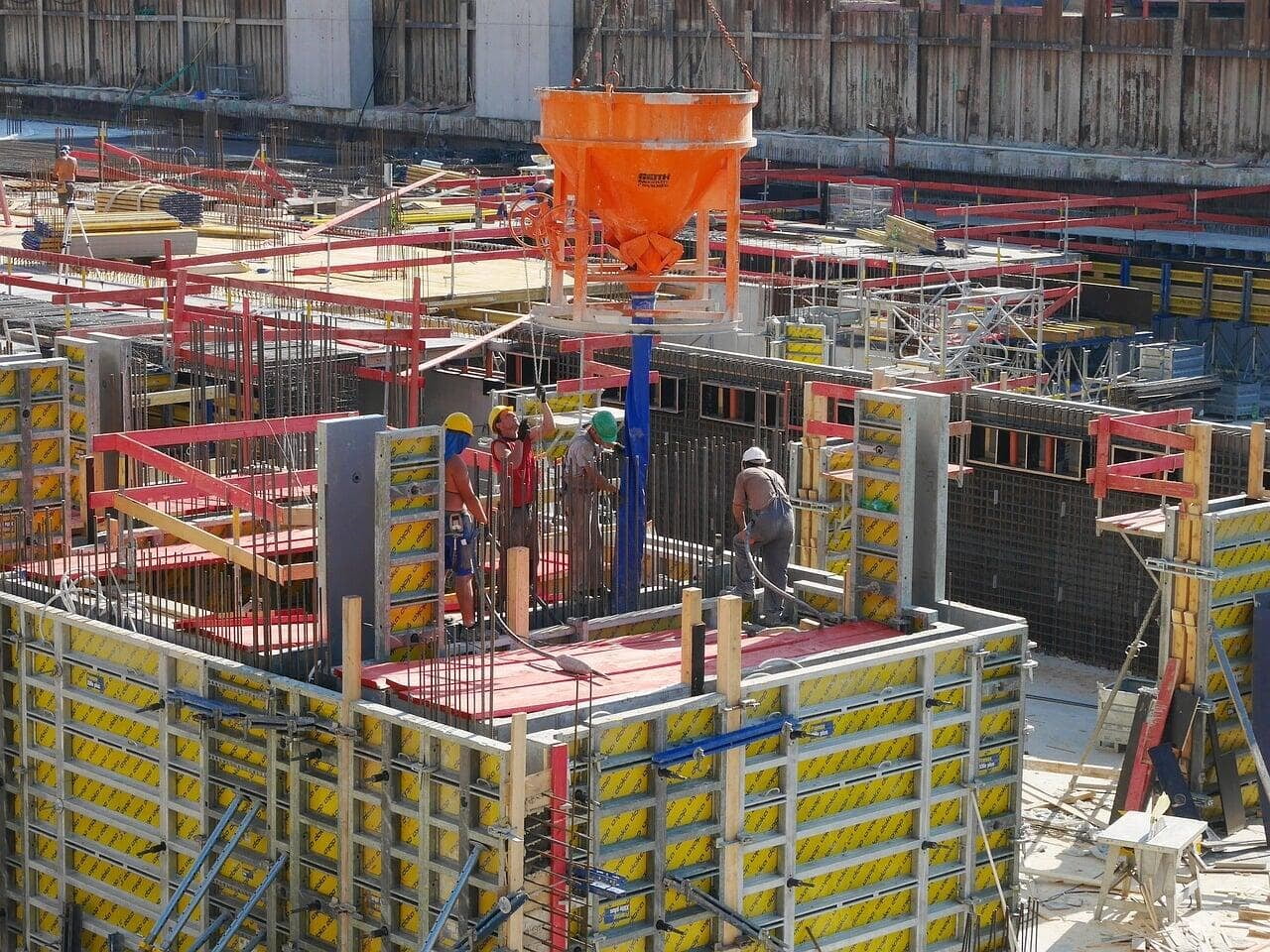
The Benefits of Using Single Software Tools for Construction Management
Introduction:
In today’s fast-paced construction industry, embracing technology isn't just beneficial; it’s essential for staying competitive. As projects become more complex and deadlines tighter, managing tasks efficiently can be challenging without the right tools. That's where implementing a single software tool for construction management comes into the spotlight. By integrating various process automation features into one platform, businesses can streamline operations, reduce errors, and ultimately, enhance their productivity and profitability. With such a tool, every aspect, from project planning to execution, can be managed seamlessly, ensuring that nothing falls through the cracks
Benefits of Process Automation in the Construction Industry:
Streamlining Processes:
Process automation in the construction industry pivots on streamlining complex, multi-layered processes and administrative tasks, thus dramatically increasing productivity and efficiency. By harnessing the power of automation, repetitive and time-consuming tasks such as scheduling, budget tracking, and compliance monitoring can be handled swiftly by software. This allows project managers and team members to focus on more critical, value-added aspects of construction management. Automated workflows reduce the potential for human error and ensure that procedures are executed consistently, ultimately delivering time- and cost-efficient projects.
Enhancing Communication and Collaboration:
In the bustling environment of a construction site, effective communication and collaboration are key to the success of any project. Process automation fosters a more interconnected workspace by providing tools facilitating clear and instant information sharing. For instance, updates made in a centralized system are immediately accessible to all stakeholders, regardless of their physical location, thus keeping everyone on the same page. Automated alerts and notifications can also be set up to ensure all team members are aware of changes or upcoming tasks, significantly reducing misunderstandings and delays. This heightened level of communication fosters a collaborative spirit that can lead to innovative solutions and enhanced productivity on-site.
Importance of Using a Single Software Tool for Construction Management:
Centralized Data Management:
Using a single software tool for construction management offers a unified data storage and access platform, which significantly streamifies operations. Centralized data management means all project documentation, from contracts and blueprints to compliance certificates and safety protocols, is stored in one secure, accessible location. This central repository eliminates the chaos of managing multiple data silos and reduces the risks of data mismanagement and loss. It also facilitates easier data retrieval, which can be especially useful during audits or when resolving disputes, ensuring that accurate, readily available data can back all decisions.
Real-Time Project Monitoring:
A unified software tool equips managers with the capability to track the progress of their projects in real time. This dynamic visibility entails monitoring various facets of the project, such as time management, resource allocation, and budget spending. With real-time data, project managers can make informed decisions swiftly, adjust project plans as needed, and better manage risks. Moreover, real-time monitoring enables an agile response to adverse situations, potentially saving costs and keeping the project timeline intact. The presence of this technology provides not only boosts the efficiency but also the reliability of the project outcomes.
Simplified Reporting:
Integrating all data and functions into a single software tool streamlines the reporting process. Simplified reporting means creating comprehensive reports with less effort and more accuracy, as the data flows seamlessly from a single source. Traditional methods of manual data compilation are time-consuming and more prone to errors. Automated report generation can include everything from financial summaries and resource utilization to progress reports and future projections, all tailored to meet the specific needs of various stakeholders. These reports are crucial for decision-making and are made readily accessible, enhancing transparency and trust among clients, contractors, and team members.
Key Features to Look for in Construction Management Software:
Certain features in management software are indispensable to maximize efficiency and streamline operations in the construction industry. Opting for a single software tool that consolidates crucial functionalities can profoundly influence project outcomes
- Human Resource Management
- Project Management
- Vendor Management
- Inventory Management
- Accounts Management
Conclusion:
In conclusion, adopting a single software tool for construction management significantly enhances the efficiency and effectiveness of project execution within the construction industry. By integrating various processes such as scheduling, budget management, compliance tracking, and resource allocation into one platform, companies can reduce errors, save time, and improve project outcomes.
Explore our Construction Management Solution

